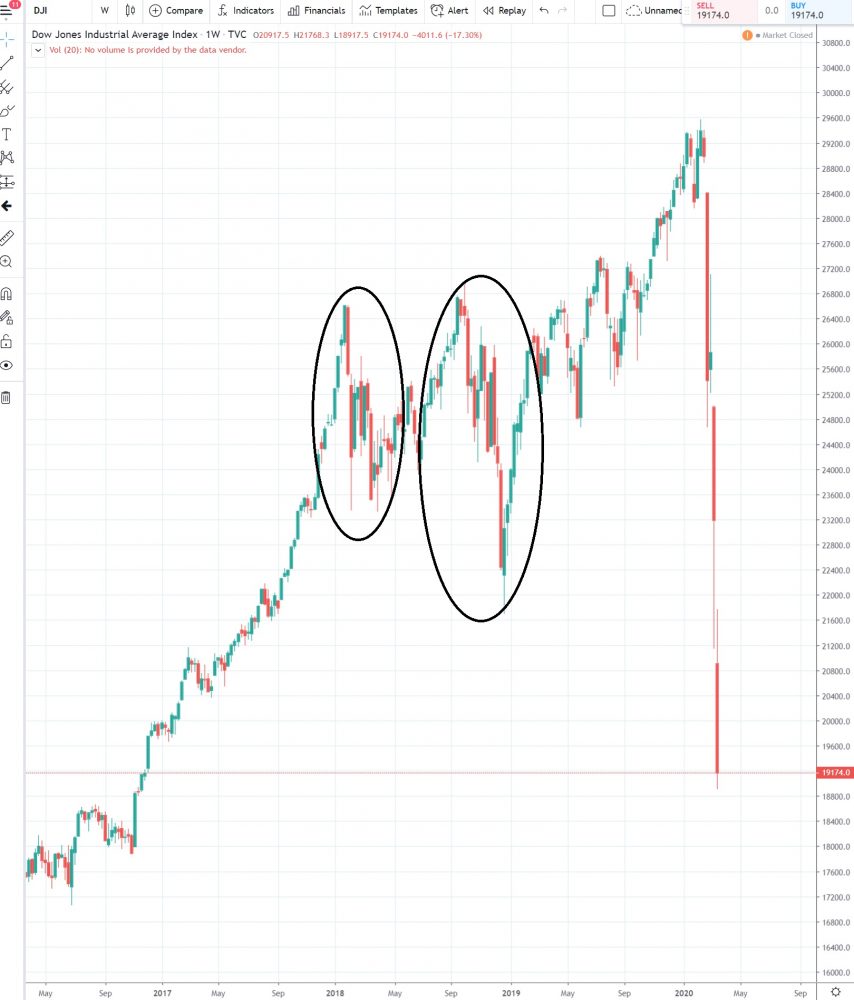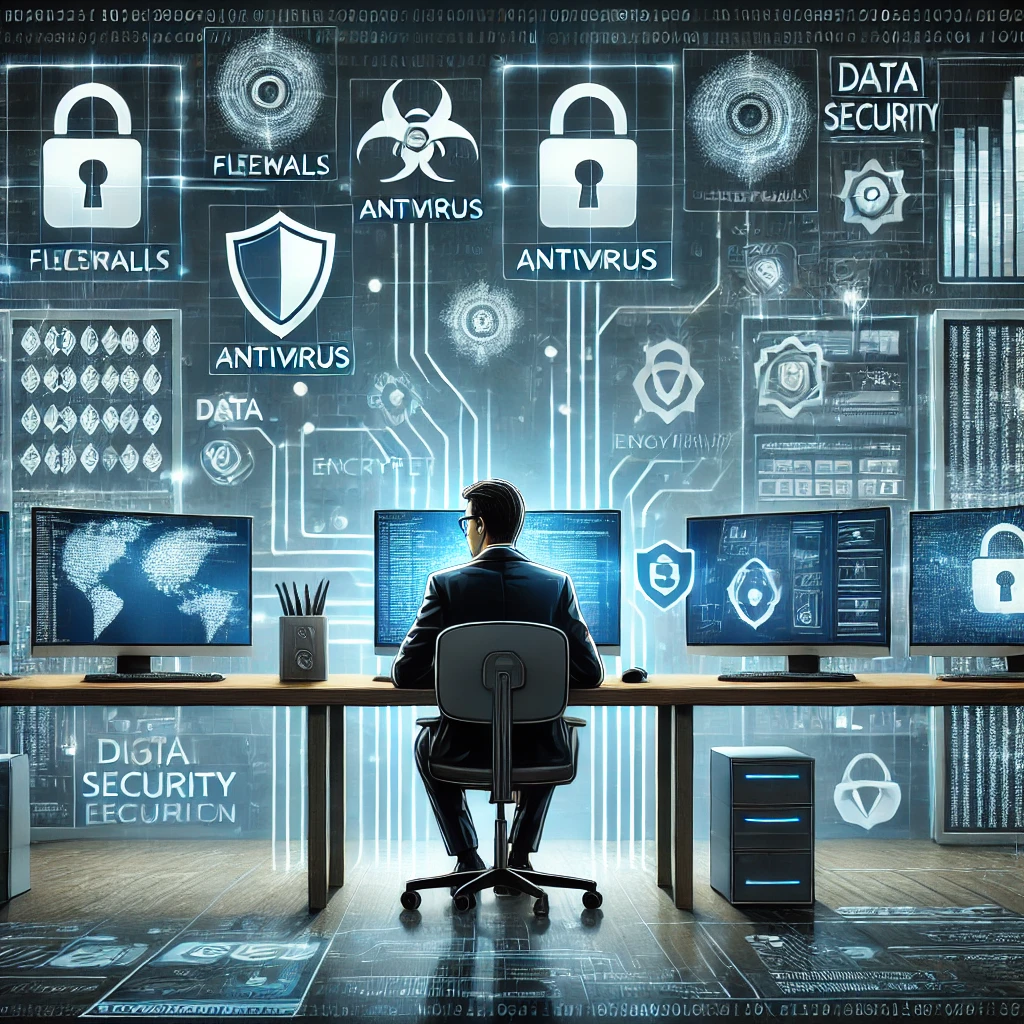
Looking at the current state of the economy, it is quite obvious that the crisis is coming. I will see whether the introduction of the crisis packages by the Fed, the ECB and the Chinese central bank and pumping billions into the economy will ultimately help. Central banks worked over the weekend, because today will start trading and a new bottom would be a disaster.
It seems that Coronavirus could be the last blow the economy needed to go into recession. We have nearly 12 years of continuous growth behind us, but in recent years we have seen a number of serious hesitations, which have been reflected in increasing stock market drops.

The last drop caused by the coronavirus pandemic is worse than the one that started in the 2008 crisis. Similar slips were last seen during the 1987 recession.
But everything bad is good for something
The crisis is the time of belt tightening. It is spared during the crisis, and of course this is also reflected in technological developments. People start to look for new solutions to old problems, and while most of the world is experiencing difficult times, some sectors flourish during the crisis.
The first is the obvious dream of computer experts – Artificial Intelligence (AI) for obvious reasons.
Artificial Intelligence replaces people at work
Saving on employee payouts is annoying, and layoffs reduce productivity. Fewer people = less hours worked. Well, maybe not quite. In the third decade of the 21st century, humanity has all the necessary technology to replace the working people with machines. Artificial intelligence may destroy more jobs than the crisis itself during this crisis.
While we are still far from creating the first general artificial intelligence, today’s AIs from Google, Facebook, Microsoft, and other technology companies are handling increasingly complex tasks in which they must use intuition and seek creative solutions to problems. Like man.
Artificial intelligence has long since replaced many people in simple jobs where there is little to think about. Chatbots gradually replaced operators, taxi drivers and truck drivers will end thanks to autonomous control systems, others will be trains, public transport drivers, pilots of aircraft…
With artificial intelligence, you are in contact almost every day. Manages your social feed, searches the Internet for you, shows you the shortest route on the map…
Influence of mass deployment of artificial intelligence on everyday life
In the near future, it will expand even further in the context of belt tightening and will have a real impact on the economy. Productivity will increase, but people will have less money. Lack of labor in the market will reduce the working day from 8 to 6 hours or less. This has already happened in some countries.
However, this is also not ideal. Less hours worked = less payouts. As the situation in the world improves, Basic Universal Income (BMI) could eventually be deployed. This is the income from the state that every person would receive, regardless of whether they are employed and what their salary is.
About BMI has been speculating for a very long time. This concept has already been tested and works. Moreover, with money, people start spending more every month, stimulating the economy and starting another period of growth.
Of course, there is also a black script. Artificial intelligence is starting to replace more and more jobs and people find themselves without income and without work. The economy will continue to collapse, and the world will move into a distopical future in which a small group of people own machines, and therefore most of their wealth, and others are at their mercy.
But let’s ask ourselves. Do we not already live in such a world today?
- A Look Back at Bitcoin’s Historic Year 2024: From ETFs to New All-Time Highs - December 31, 2024
- Ethereum Price Could Skyrocket in 2025: Here’s What Experts Expect 🚀📊 - December 31, 2024
- How Trump’s Politics Could Send Ethereum to the Moon—Or Just to Mar-a-Lago? - December 30, 2024
























